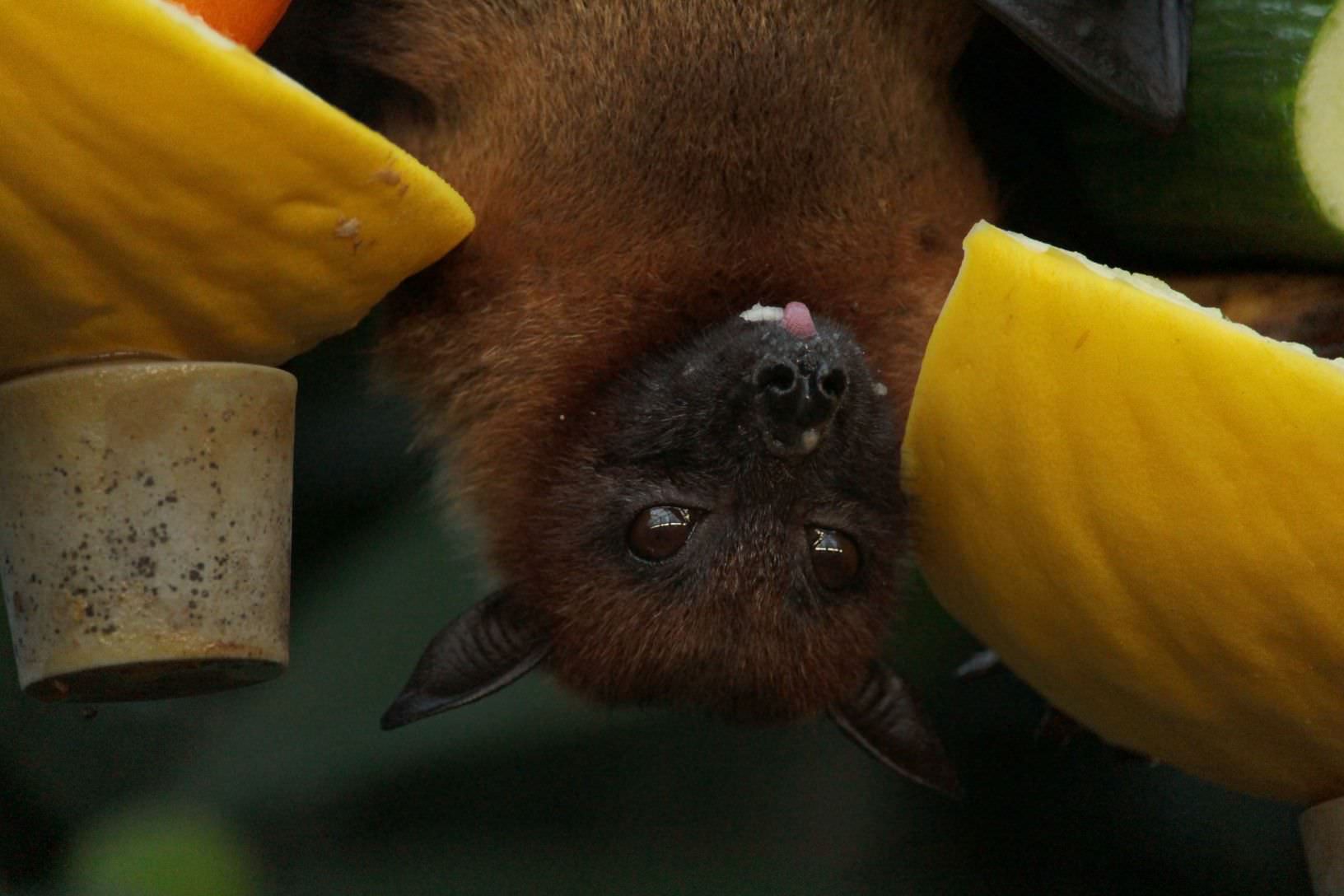Bat Awareness
Trees are often a place where bats can find a place to roost and breed. There is a vast range of potential places within trees to find a place to roost. Bats may find an area behind a loose bit of bark or small cracks. Some species, however, prefer larger spaces such as woodpecker holes or rot holes. In general, if you can fit your thumb within a space on your tree, chances are a bat could roost there.
Many bat species are vulnerable and endangered, and that is why we must all work together to protect them. All bats species are protected under law, and we must do our best not to disrupt their habitat. They are much harder to spot than that of birds due to the fact they tuck themselves away during the day being a nocturnal creature.
If you would like more information on bat conservation, please get in touch with us today. We are more than happy to answer any questions you may have about our bat awareness.
Bats Are Legally Protected
Due to their endangered status, bats are legally protected by the government. As tree surgeons, we must follow the rules set out to not get in trouble. It is a criminal offence to:
- Intentionally take a bat or to hurt or kill it.
- Recklessly or deliberately disrupt a roost or disturb a group of bats.
- Damage or trash a bat’s breeding ground or roosting place. This is still a criminal offence even if the bats are not present.
- Have a bat in your possession. It is also illegal to try and advertise, exchange or even sell a bat regardless of whether it is dead or alive. This is also true for any part of the bat too.
- Obstruct and stop the access to a bat roost.
Bats are protected under the Wildlife and Countryside Act of 1981 and also the Conservation of Habitats and Species Regulations of 2017. As a company, we must make sure that bats and other forms of wildlife are cared for before we undertake any tree surgery you may require.

How Do We Spot Bats In Trees?
As stated above, bats are much harder to spot than that of birds. This is because they often tuck themselves away from the light during the day and hunt during the night. A lot of their diet lives in and around trees such as insects, spiders and other smaller creatures which is why they often roost there.
We can do a check from the ground to spot different places where bats may be roosting. However, to get a better idea, we will have to do an aerial survey. This means that we can see if the bats are using those spots as their homes.
It is important to do this before we undertake work, so we do not disrupt their habitat and cause a criminal offence. Being a protected species, we as a company could get in trouble, and we appreciate your patience if we do spot bats living in your trees.
What Happens If You Spot a Bat?
If we do recognise that bats are living within your trees, this won’t necessarily stop the tree surgery for long. However, we will have to seek some advice to ensure that we follow the government’s rules. The information would have to be received from an experience ecological consultant that has extensive knowledge of bat conservation. They should also be able to help with any EPS licence application that may be required.
We may also seek help from SNCO who can guide us through the correct procedure. This will ensure that we don’t harm any bats or commit any criminal offences. Our team have taken a course on bat awareness and conservation through the Bats and Arboriculture.
For more information, please do not hesitate to get in touch with us today! We look forward to taking your call.
Tree Services Prices, Northamptonshire and the Surrounding Areas
If you’re searching for a range of tree services, then please look no further than Tom Francis Tree Services. As a team, we will ensure that your trees have no bats, birds or other animals nesting so that we can perform high-quality services that are sure to make your landscape look stunning.
Please get in touch with us today. Our helpful and friendly team members are ready and waiting to answer all your questions. You can reach us by dropping us a message. This can be done via our online contact form or by our email info@tfts.org.uk. You can also call us on 01604 376 125 or 07974 779 958.
We, as a company, want to preserve our stunning wildlife, and we thank you for your patience if we do find bats living in your trees.
We look forward to hearing from you soon!
